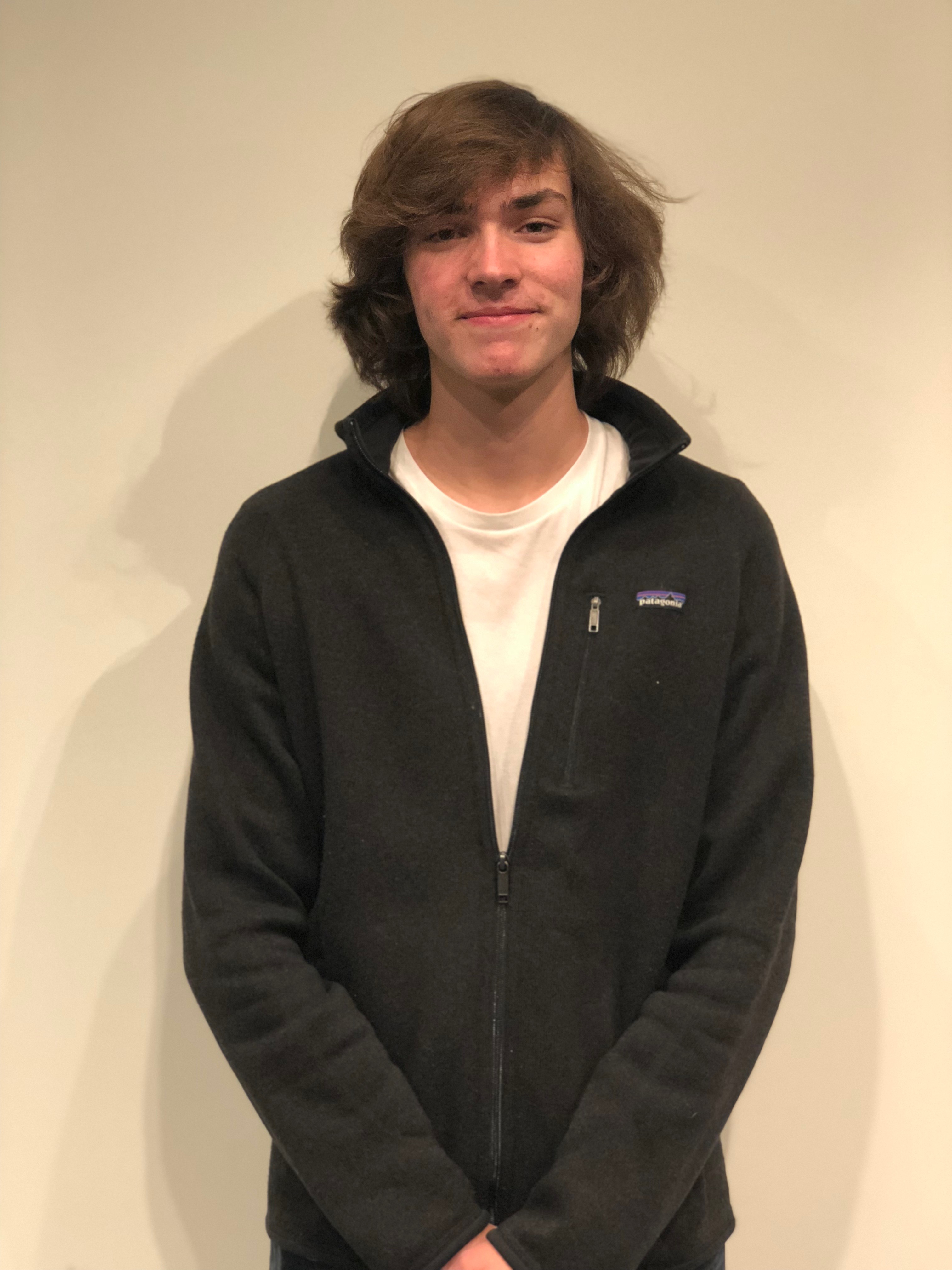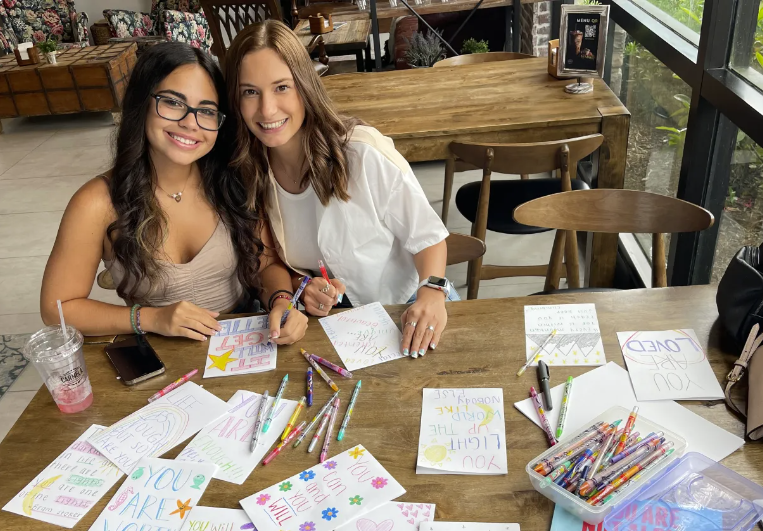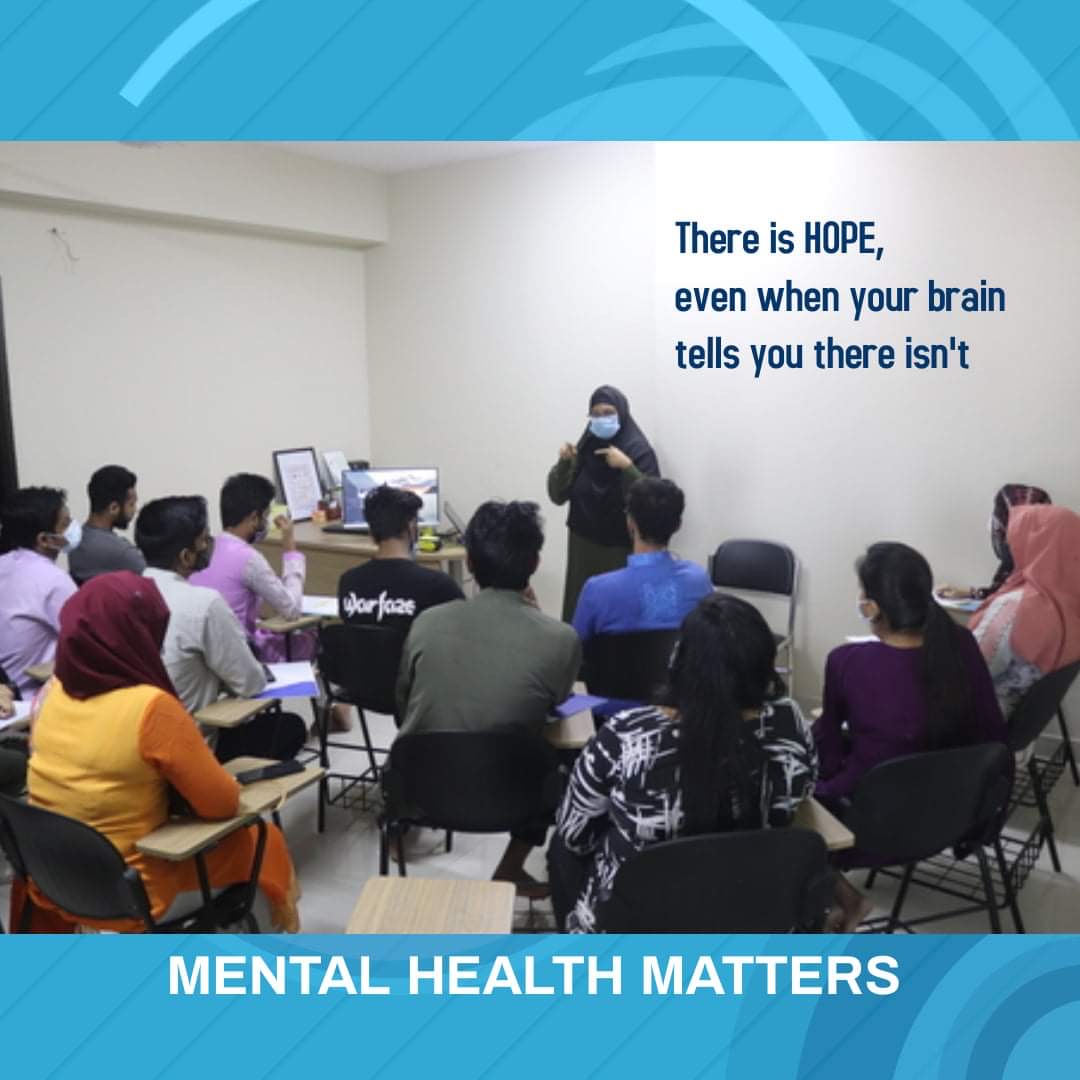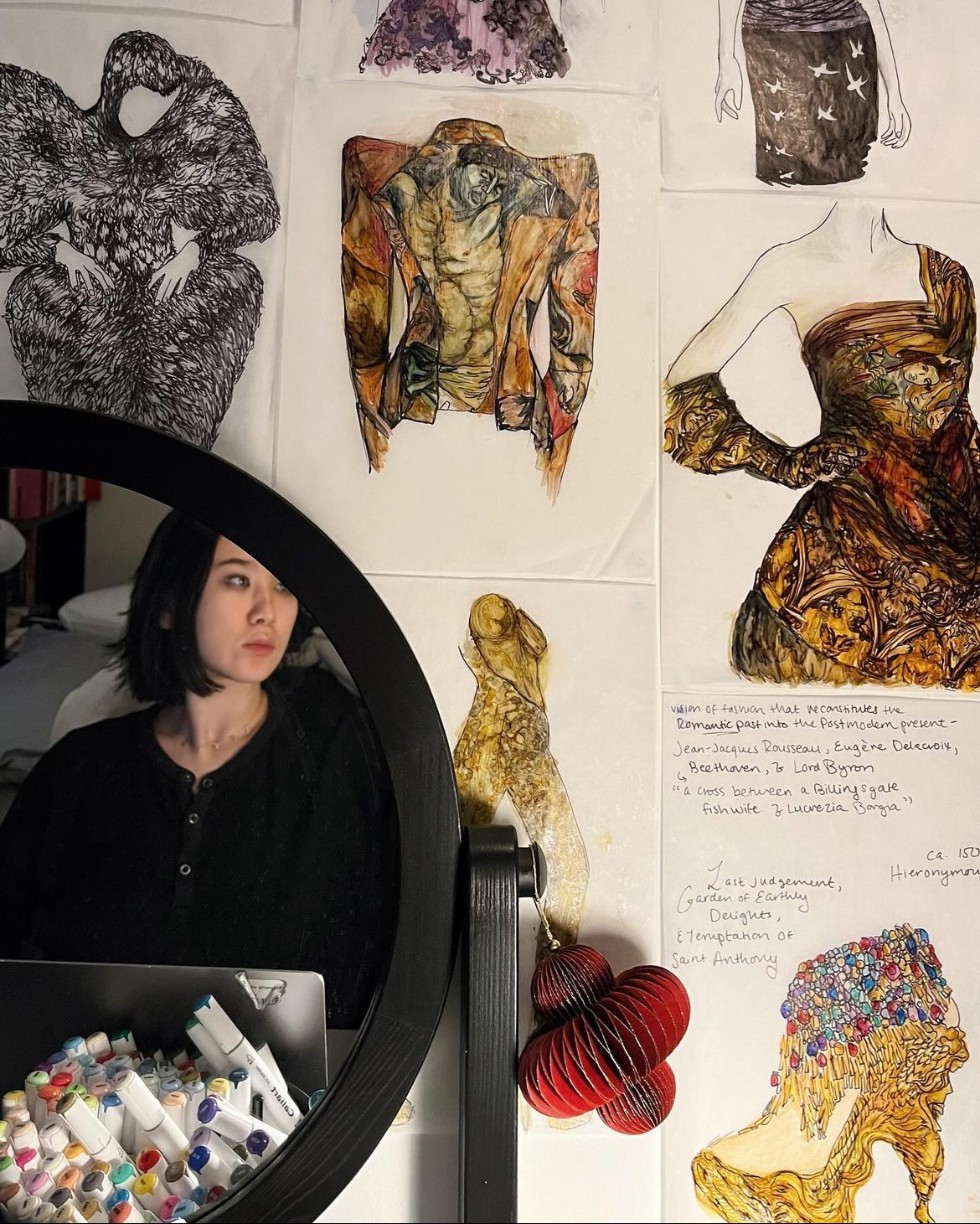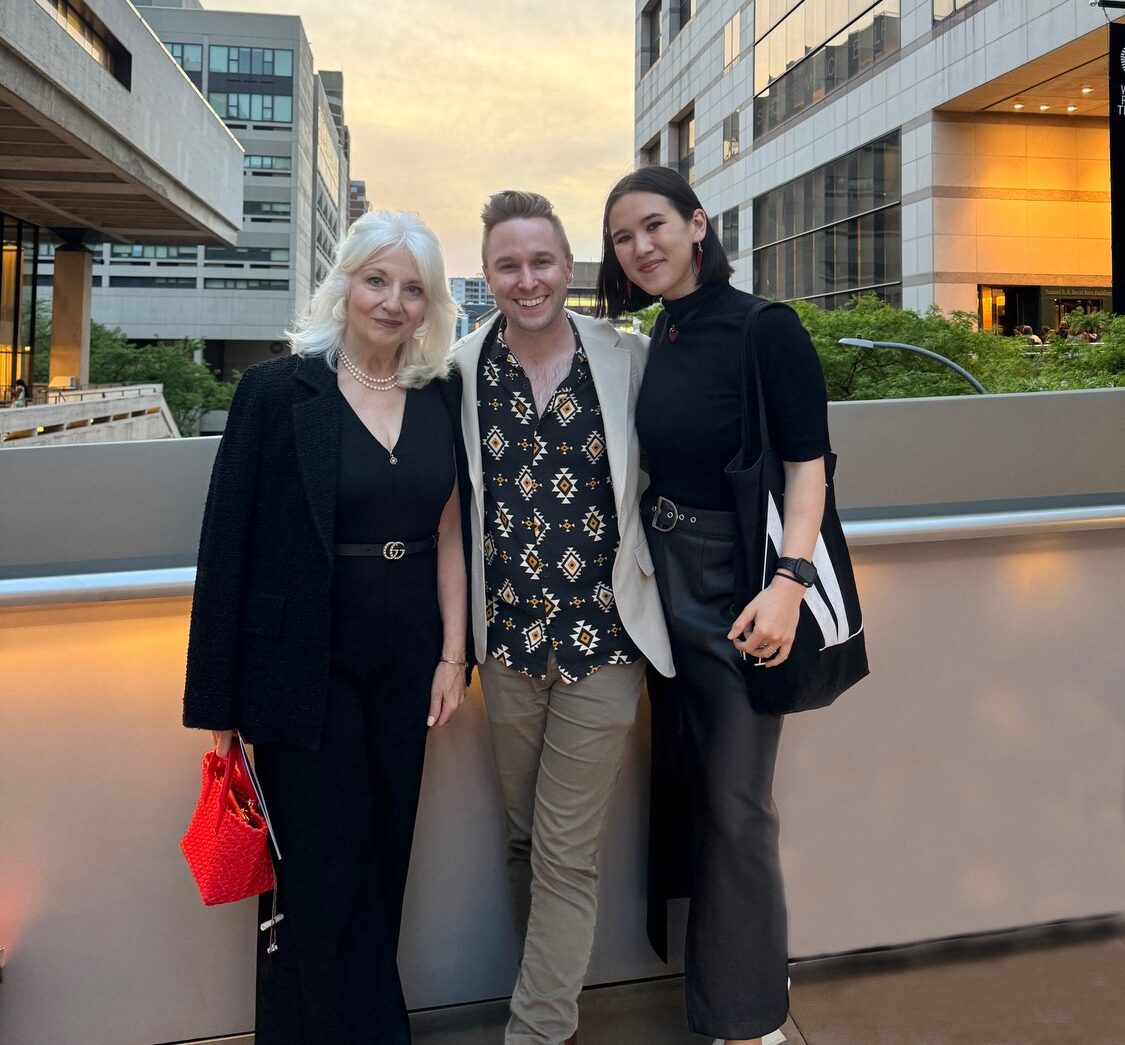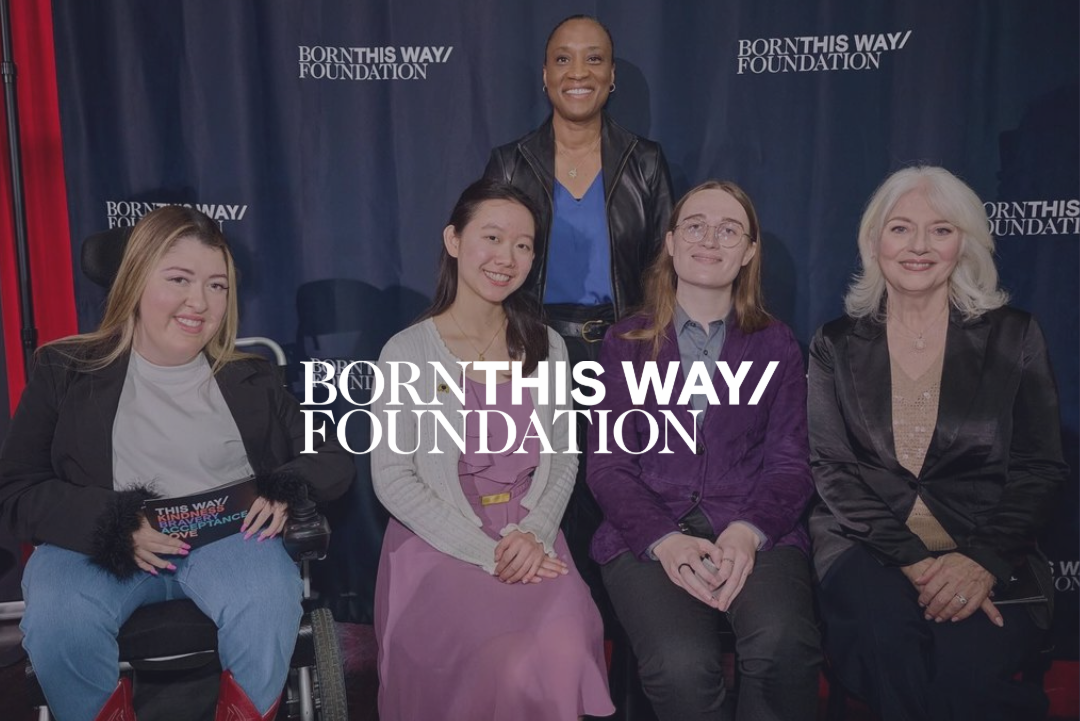“Be open. Be real. Speak your mind.”
I recently had the pleasure of speaking over the phone with Jared Fenton, the founder and president of the Reflect Organization. The Reflect Organization, based in Philadelphia, hosts dinners or “chapters” at schools across the nation to provide students with a forum to speak openly and honestly about any issues that are pressing on their minds. With demand for chapters ranging from the University of Essex in England, to Cornell and Columbia in New York, the work of Jared and the organization are providing a necessity that many are now embracing.
Q: What does the Reflect Organization do?
A: What we do is, we work to help solve the college student mental health crisis through providing students with a safe forum to speak openly and honestly. Over 60% of college students, (according to a 2017 study performed by the American College Health Association) report feeling very lonely. And what we know is that from this loneliness, can stem distress and crisis.
So, if we’re looking to be preventative in solving this college student mental health crisis, if we want to be a vaccine rather than a band-aid, what we have to do is be preventative in nature. And so, by having these dinners — where we forge mutual connections, where we break down walls — we create these networks of mutual support. And what we’re able to do is decrease that isolation; and if we can take that isolation and bring that down, we can be proactive in preventing crisis scenarios, and we can be proactive in helping to solve the college student mental health crisis.
Q: What is Penn Face?
A: So here’s what’s going on on college campuses across the country and actually across the world. What you have, is students walking around campus living their social media profiles. You see their life filtered through a lens of perfection. This mask that students across the country and across the world wear has different names. What is notable is that this perceived need to present yourself as perfect in every way is so pervasive and so debilitating. It’s everywhere and it’s causing so much damage that students across the country are coming up with incredibly descriptive and incredibly accurate names to describe it because they simply can’t ignore it and they are so affected by it.
So getting back to your original question . . . It is a mask that you wear, that says, “I am perfect,” although while on the inside, “I’m melting down.” What is Duck Syndrome? . . A duck glides across the water gracefully, but underneath the surface, the duck’s legs are paddling furiously just to keep it afloat. The duck symbolizes today’s college student, who appears graceful on the surface, but in actuality, is furiously struggling to stay afloat.
Q: When did you first become interested with issues of mental health?
A: I’ve always been interested with issues of health in general . . . When I was in 10th grade, we had a unit on mental health, and that was one of the first times I was introduced to this kind of new part of health that nobody really knew much about; but because nobody knew much about it, I could see there was a lot to learn . . . Now obviously I was no expert in 10th grade, there’s much more to learn even now, but it was around 10th grade that I started to get very interested in mental health.
Q: How did the Reflect Organization get started?
A: When I was a freshman in college . . . I would eat my lunch with a person who was sitting alone every day. While these students were open to my getting lunch with them, they were not open about who they were, what they actually were feeling. It was as if I was seeing their life through an Instagram filter. And here’s a quick disclaimer: This phenomenon of students masking was in no way unique to my college. It’s literally an international crisis.
So halfway through my freshman year, (a woman) who was in my class died by suicide. Then, at the end of my freshman year, one of my best friends was in clinical crisis.
I did what I had to do to keep him safe, and he is alive. He is well; he is happy, and it is the single best thing that has come out of my work in mental health, and it always will be.
It was at that point at the end of my freshman year that I said, “OK, I have to do something about this. I don’t know what it’s going to be, but I’m going to research it until I figure it out.”
So I end up using my bartending money to open up the first ever chapter of the Reflect Organization at the University of Pennsylvania, which is called Penn Reflect. And then my senior year, CBS News ended up doing a story on us, and in the weeks following I have people from colleges across the country and across the world reaching out to me saying, “We saw your piece on TV, can you do this for us?” And we have since opened chapters across the country and have a waiting list of many more colleges that want chapters, and at the moment we are just building capacity so we can serve the most students possible.
Q: What is the vision for the Reflect Organization?
A: The vision for the Reflect Organization is not to have a chapter at every single college campus in the world. The vision is to not need any chapters anywhere because everyone is being open and being real, speaking their minds, and mutually supporting one another as a part of everyday life.
We got a comment the other day that said, “I haven’t felt this way in four years. I forgot what it feels like to be me,” and our dinner reminded them of that. And when people feel like they can be themselves, and they experience what being themselves, and being open and honest and pursuing their passions feels like, then they want to take that outside of our dinners; and that’s what we see happening.
We see people at these dinners exchanging numbers and then we’ll see them on campus all around a table having shed their masks, all being open a week later. And that’s what we want; that’s the goal. That’s how we see it go from 30 total people at our first ever dinner at Penn, 25 of which were my fraternity brothers because I begged them to come, to a membership of over 600 now, and hundreds and hundreds of students across the country.
Q: Can you give an example of topics discussed at a dinner?
A: At Reflect dinners, people talk about a wide range of topics. We have a proprietary formula which guarantees that every single student can feel cool, confident, and comfortable discussing whatever they want, because the last thing that we would want to do it to say to students, “You can be open and honest, but only about the topics we chose for you.”
Some students want to be open and honest about the fact that they’re really stressed, which is overtly mental health related. But other students just want to talk about art. Why? There was a specific school we had a chapter at that was known to be very pre-professional, but there were a bunch of students who were artists who felt like they couldn’t be themselves and were experiencing tremendous isolation as a result of the fact that they were shut down every time they tried to talk about art (since art is not pre professional) . . . So when they came to the dinner, that’s what they wanted to talk about — their love of art; and that’s what enabled them to create a mutually supportive community, and to break down the isolation they were experiencing.
If you would like to donate to the Reflect Organization, visit https://www.reflecteffect.org/donate, or if you are interested in opening a chapter at your respective campus, email [email protected] for more information.




